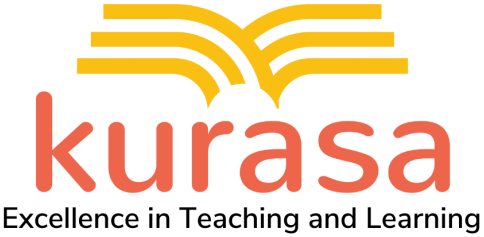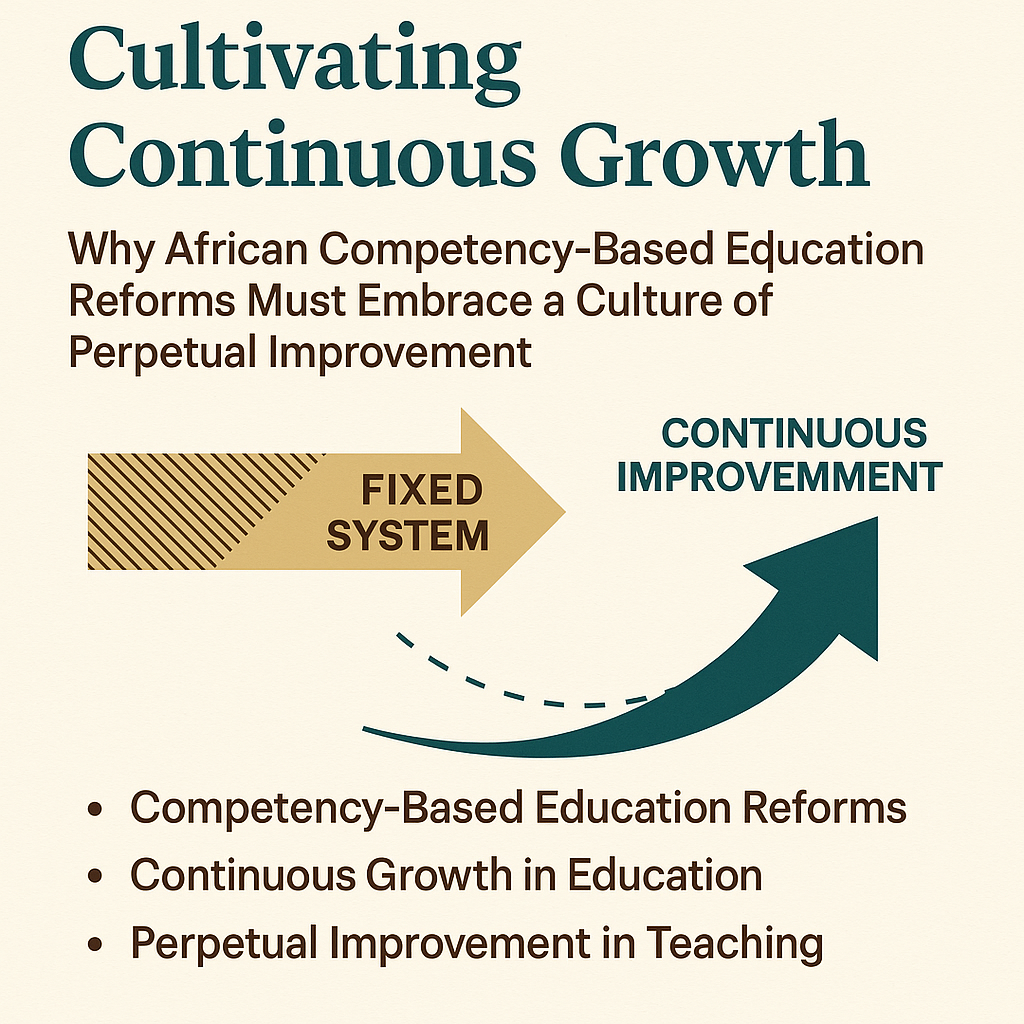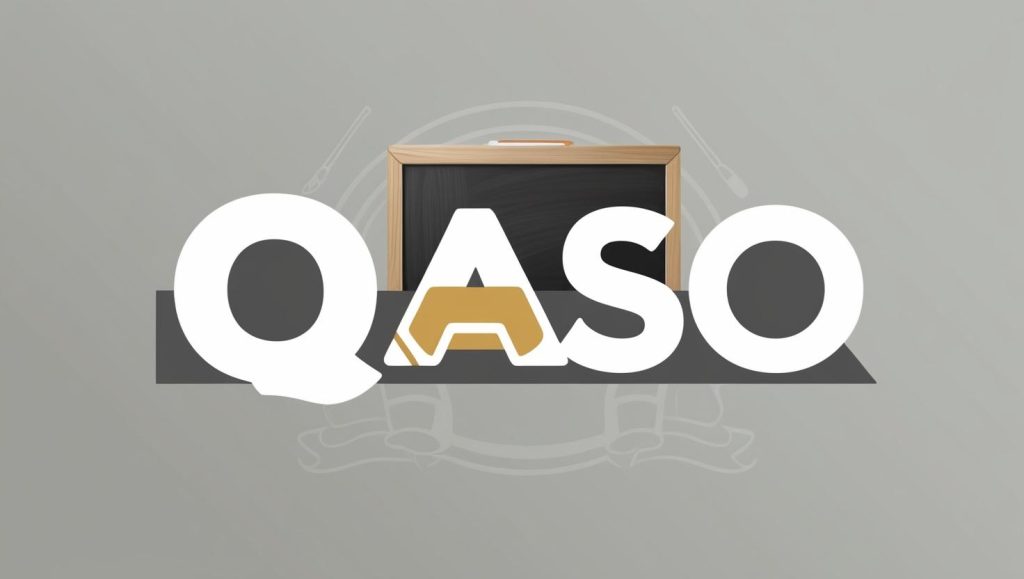
The rapid advancement of Information and Communication Technology (ICT) has profoundly transformed various sectors, with education being one of the most significantly impacted. The integration of technology into education is not merely a trend but a fundamental shift that redefines how teaching and learning occur. In Kenya, the education sector is witnessing a digital revolution that is reshaping the traditional classroom and empowering educators and learners alike.
The Impact of ICT in the Education Sector
ICT has introduced a range of changes in the education sector that are already revolutionizing the way education is delivered and received. Below are some of the key transformations brought about by the integration of ICT in education:
- Enhanced Access to Educational Resources:
- ICT has democratized access to information, making educational resources available to students and teachers regardless of their geographic location. This is particularly important in a country like Kenya, where disparities in resource allocation between urban and rural areas have historically been a challenge.
- Digital libraries, online courses, and educational apps have made it possible for students to access learning materials at their convenience, promoting self-paced learning and continuous education beyond the traditional classroom.
- Improved Teaching and Learning Methods:
- The use of multimedia tools—such as videos, animations, and interactive simulations—has enriched the teaching and learning experience. These tools cater to different learning styles, making education more engaging and effective.
- ICT also facilitates collaborative learning through platforms that allow students to work together on projects, share ideas, and learn from each other in real-time, regardless of their physical location.
- Data-Driven Decision Making:
- ICT enables the collection and analysis of data on student performance, attendance, and other metrics. This data can be used by educators to tailor instruction to meet the needs of individual students, identify areas where interventions are needed, and track progress over time.
- Schools and education policymakers can use data analytics to make informed decisions about resource allocation, curriculum development, and other critical areas.
- Increased Efficiency in Administration:
- ICT has streamlined administrative processes in schools, reducing the time and effort required for tasks such as record-keeping, communication, and reporting. This allows educators to focus more on teaching and less on paperwork.
- Automated systems for attendance tracking, grading, and scheduling have made school management more efficient and transparent.
- Promotion of Lifelong Learning:
- The availability of online courses and educational platforms has made it possible for individuals to continue learning throughout their lives. This is essential in a rapidly changing world where new skills are constantly needed to stay relevant in the job market.
- ICT has also facilitated the growth of distance learning programs, providing opportunities for people who may not be able to attend traditional classes due to geographical, financial, or time constraints.
How the Kurasa Platform Supports ICT Integration in Education
Kurasa is at the forefront of this digital transformation in Kenya’s education sector. By offering a comprehensive suite of tools designed specifically for the Competency-Based Curriculum (CBC), Kurasa is empowering teachers, students, and parents to leverage the benefits of ICT in education.
- Comprehensive Classroom Management:
- Kurasa allows teachers to manage their classrooms more effectively by providing tools for lesson planning, attendance tracking, and student performance monitoring. This ensures that teachers can focus more on delivering quality education rather than being bogged down by administrative tasks.
- Data-Driven Insights:
- The platform provides detailed analytics on student performance, enabling teachers to identify strengths and areas for improvement. These insights help tailor instruction to meet the individual needs of each student, ensuring that no learner is left behind.
- For school administrators, the data provided by Kurasa supports decision-making processes, helping to improve overall school performance and student outcomes.
- Enhanced Communication and Collaboration:
- Kurasa facilitates seamless communication between teachers, students, and parents. Teachers can share updates on student progress, post assignments, and provide feedback through the platform, ensuring that parents are actively involved in their child’s education.
- The platform also supports collaborative learning by allowing students to work together on projects and share resources, fostering a sense of community and teamwork.
- Support for the Competency-Based Curriculum (CBC):
- Kurasa is specifically designed to align with the CBC, which emphasizes the development of practical skills and competencies in students. The platform provides tools that help teachers implement the CBC more effectively, ensuring that students are equipped with the skills they need to succeed in the 21st century.
- Teachers can create and administer both formative and summative assessments directly through Kurasa, making it easier to track student progress and adjust instruction accordingly.
- Professional Development for Teachers:
- As Kurasa is introduced to KEPSHA teachers, it also serves as a platform for continuous professional development. Teachers are trained on how to use the platform to its full potential, ensuring they are equipped with the digital skills necessary to thrive in a modern educational environment.
- The training provided also helps teachers stay updated with the latest educational trends and technologies, promoting a culture of continuous learning and improvement.
Conclusion
The integration of ICT into education is not just about adopting new technologies; it is about fundamentally transforming the way education is delivered and experienced. Platforms like Kurasa are playing a crucial role in this transformation by providing the tools and resources necessary for effective teaching and learning in the digital age.
As Kenya continues to embrace the digital revolution, the education sector stands to benefit immensely from the changes brought about by ICT. With platforms like Kurasa leading the way, there is a bright future ahead for education in Kenya—one where every student has access to quality education, and every teacher is empowered to deliver it.


